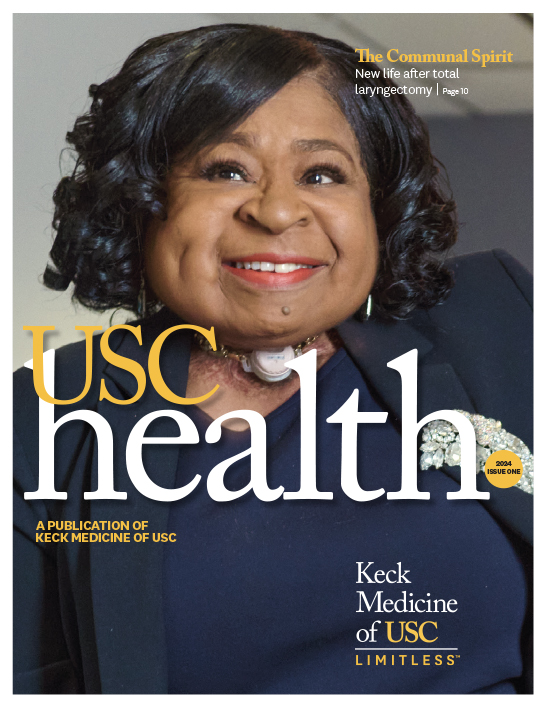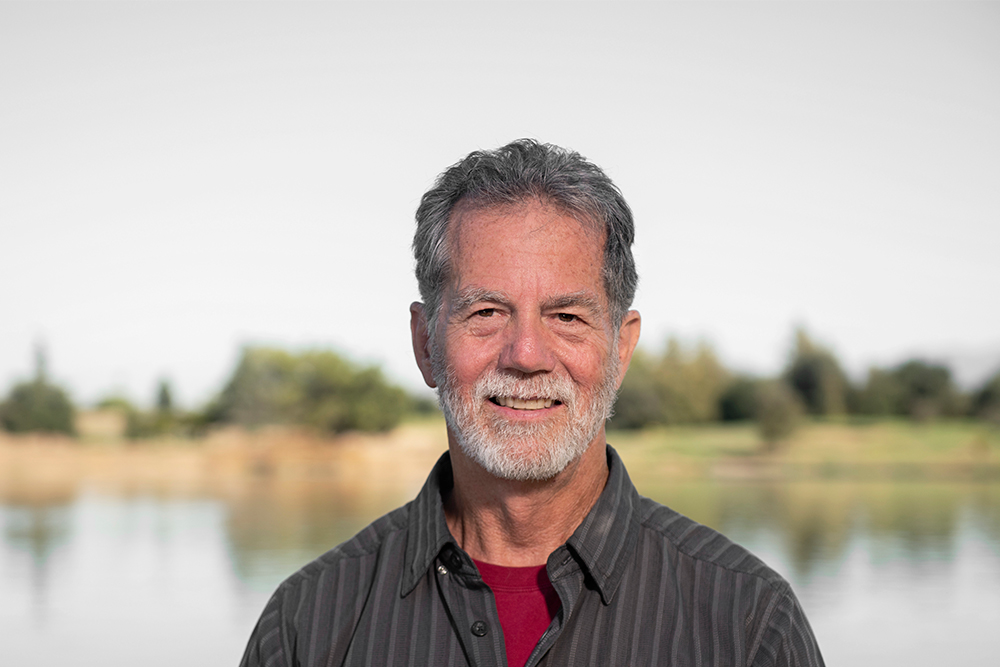
David McClure was able to call for help as he suffered a stroke. Immediate, expert care at Keck Medicine of USC meant he was back on his feet just days later.
David McClure didn’t know what was wrong the morning that his left arm and leg suddenly stopped moving while he was parking his car. Unable to get out of his car, he reached for his phone and called a friend.
“I said to him, ‘I need you, buddy.’”
Though McClure didn’t know what was happening, his friend recognized the one-sided paralysis for what it was — a telltale sign of stroke — and immediately dialed 911.
Seek medical care as fast as possible after a stroke
Proximity was on McClure’s side that morning. His friend lives nearby and was at his side in minutes. McClure was also yards away from a fire station, so paramedics were tending to him quickly.
Also working in his favor that day was that he was taken to USC Verdugo Hills Hospital. It’s a primary stroke center that is part of Keck Medicine of USC, which boasts a specialized stroke team that provides the most advanced and comprehensive care possible.
The instant that stroke hits, blocking the flow of blood to the brain, the clock starts ticking. The longer the brain is deprived of blood, which carries oxygen to the brain, the more brain cells die, increasing the likelihood the person will suffer a lifelong disability.
According to the Centers for Disease Control and Prevention, someone in the United States has a stroke every 40 seconds. Someone dies from one every four minutes. It is the nation’s fifth leading cause of death and a leading cause of serious, long-term disability.
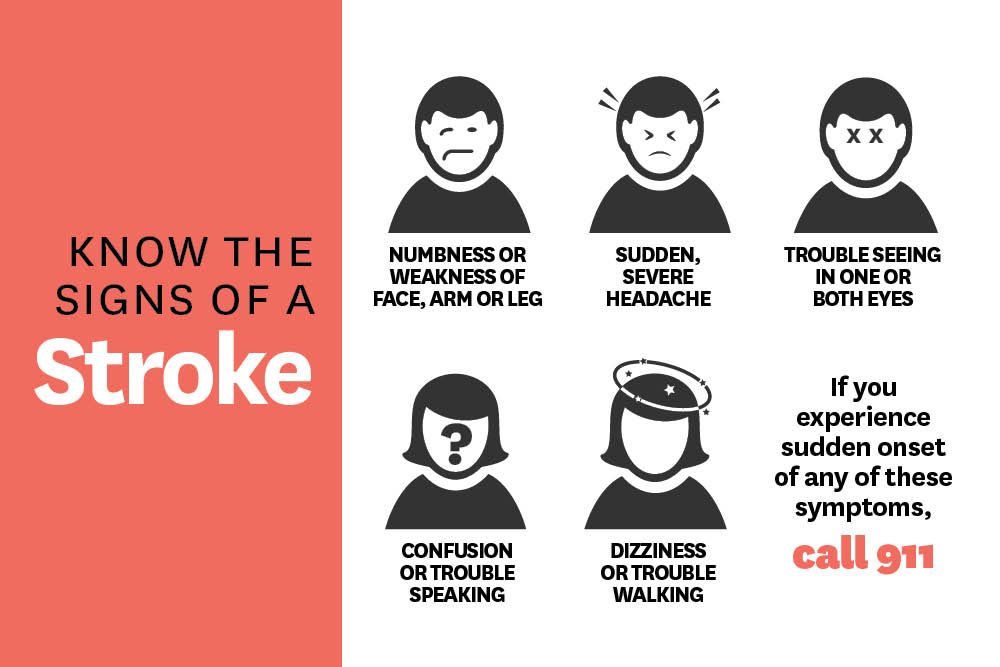
Keck Medicine of USC runs stroke patients through several tests
Speed and efficiency, while maintaining the highest standards of care, are the guiding principles of the protocols developed by the stroke specialists at Keck Medicine.
USC-VHH performs rapid, thorough lab tests and imaging studies to determine the type of stroke a patient is having, where the blockage is located and whether they can stay at USC-VHH or need to be transferred to Keck Hospital of USC for more serious intervention.
I had fantastic medical attention starting at USC-VHH.
David McClure, patient, USC Verdugo Hills Hospital
USC-VHH and Keck Hospital physicians evaluate stroke patients collaboratively, notes Sebina Bulic, MD, assistant professor of clinical neurology at the Keck School of Medicine of USC and director of stroke neurology at Keck Medicine.
“We provide support every step through evaluation and help decide if they need to be transferred,” she says, adding that Keck Medicine’s team has access to the images taken at USC-VHH because they are part of the same system.
Blood clots in the brain can be removed surgically
McClure’s CAT scan showed that he had an ischemic stroke, which is the most common type. He had a blockage in his carotid artery, which caused a blockage in an artery in the brain.
He received a clot-busting medication at USC-VHH called tissue plasminogen activator, or tPA. But because the blockage was in a large artery, the team concluded he was going to need surgery at Keck Hospital.
Matthew Tenser, MD, assistant professor of clinical neurological surgery at the Keck School, notes that the tPA breaks up clots in about 45% of cases. “Studies show that the larger the vessel, the less likely it will work,” he says.
Keck Medicine has advanced imaging capability, a dedicated neurointensive care unit for stroke patients and can treat complex cases, including those that require open surgery. Most of the physicians on the team are board certified in stroke and neurocritical care.
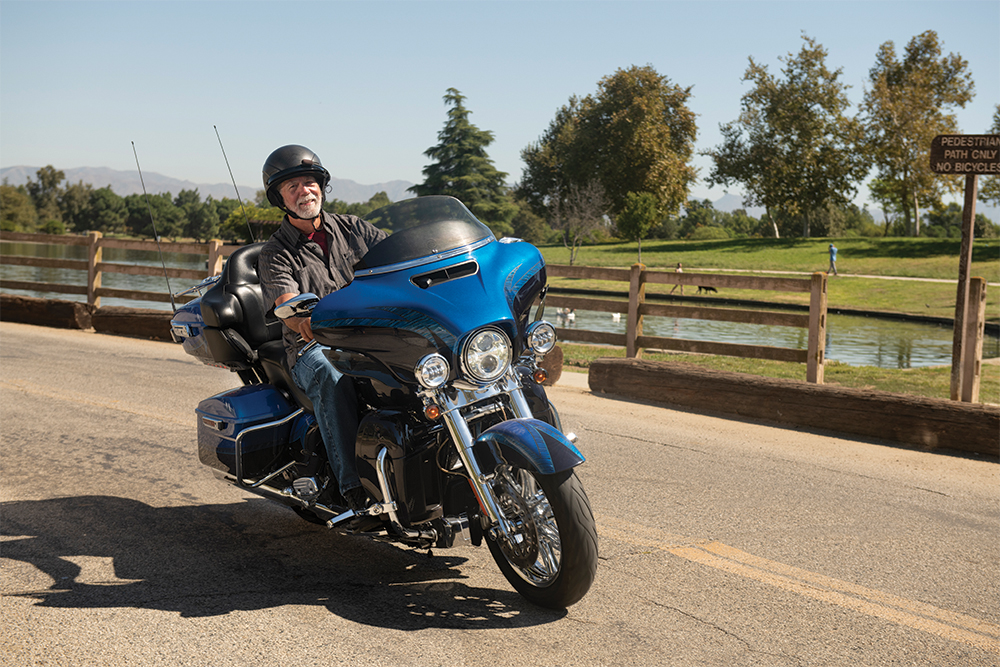
Dr. Tenser first performed angioplasty and stenting on McClure — using a tiny balloon to widen the area in his carotid artery and a stent to prop it open. He then performed a thrombectomy, which involves threading a catheter through an artery in the groin to access the blockage in the brain.
A small device on the catheter pulled the clot out of the brain. According to McClure, he was able to move his left side again even before Tenser had completed the procedure.
Quick treatment can mean a fast recovery for stroke patients
McClure spent only 24 hours in the neuro ICU and was released from the hospital two days after his stroke. He is one of the fortunate ones because he did not need any rehabilitation and has no deficits from his stroke.
Only a few weeks later, McClure was on a fishing trip, reeling in 100-pound halibut off the coast of Alaska. He also is back on his motorcycle and living life to its fullest.
McClure realizes that a number of things worked in his favor that day, starting with the fact that his buddy answered the phone when he called. Mostly, though, he gives credit to the team of doctors and nurses who treated him.
“I had fantastic medical attention starting at USC-VHH,” he says, crediting their quick work to get him to Keck Hospital.
“Dr. Bulic and Dr. Tenser and all the nurses were absolutely phenomenal. I enjoy life and they gave it back to me.”
Topics

